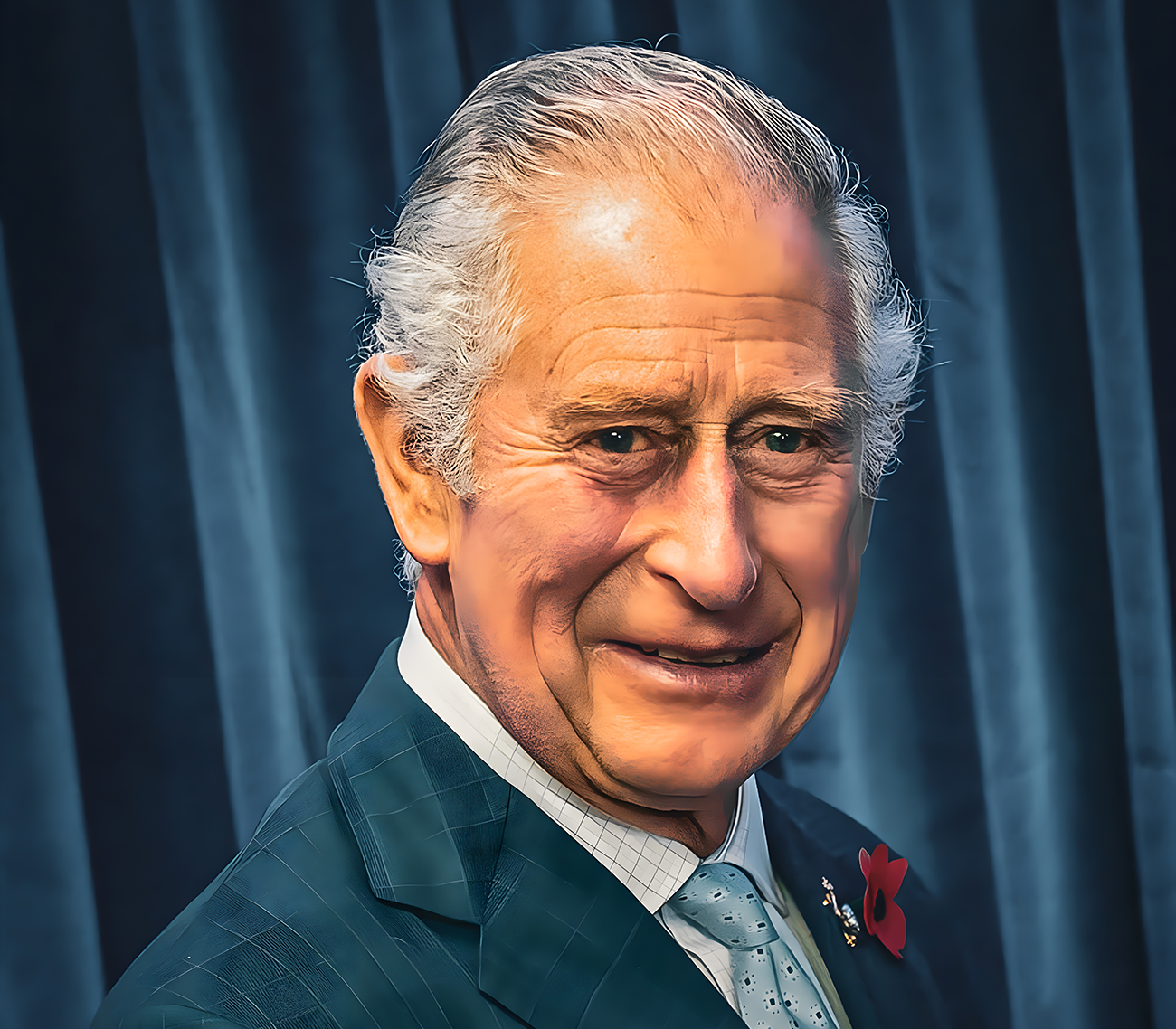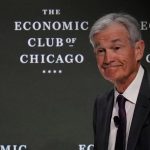Few promotions come with as much pressure as Charles faces stepping into the role of the King – it is arguably the biggest CEO job around.
Establishing himself as a leader
The first step of establishing yourself as a leader is to decide on your vision for the organisation, which will frame everything that comes after. Drawing on his personal experience of stepping up to CEO at Tax Systems, Bruce Martin shares his advice: “Having made the move from CFO to CEO last year, I can begin to imagine how Charles is feeling in the lead-up to his Coronation – except he’s got the whole world watching! There is no qualification that solidifies you as a capable CEO – or King – so I don’t know if anyone would ever feel totally ready and prepared to step into such a role. But what I have learned over the past year is that it is all about authenticity. You can’t simply slip into the shoes of your predecessor and be someone that you aren’t. It is important to establish your own leadership style as soon as possible and be transparent about it. Set out how you are going to be different and set the tone for how you envisage taking the business – or in Charles’ case, the monarchy – forward.”
Agata Nowakowska, AVP EMEA at Skillsoft, adds that establishing a strong vision is key to cementing yourself as a leader. “Successful leaders are able to craft a transformative vision and share it with a sense of passion, helping their team or country understand what they do and why it matters. Mobilising teams to execute the vision and sustain momentum is critical to effectively communicating a unified purpose,” she says.
Communication
Once the vision has been decided, this must be effectively communicated with those it will involve and impact. For business leaders, this is the business’ stakeholders – employees, partners, shareholders, etc. – for Charles, this is the British public.
As Hugh Scantlebury, CEO and Founder of Aqilla, states, “Communicating his vision and values clearly and effectively to the public will be key to establishing himself as a strong figurehead.”
Addressing the conflicting public opinions around the Coronation, Scantlebury urges King Charles to take the opportunity “to change the public’s perception of him from having an unearned right to rule to being a capable leader.”
“Successful leaders are able to craft a transformative vision and share it with a sense of passion, helping their team or country understand what they do and why it matters."
Reflecting on the generational changes since Queen Elizabeth came to the throne, Tax Systems’ Bruce Martin reminds us that how the public communicates and expects to be communicated with has greatly changed: “In today’s modern times, people are looking for approachability from their leaders. They want to feel listened to, that their voices are heard, and that what they say is being acted upon by those in charge. And, if it is not possible to act on it, then this should be communicated transparently.”
He continues, “Charles should also carefully consider the communication style that works best for him with the public of today - the Christmas speech is a British tradition, but with social media now being such an important method of spreading news, the Royal Family could take a huge step forward by utilising such channels - something we have seen them increasingly lean on in more recent years. Being relevant and relatable is crucial when establishing yourself as a leader, rather than a manager, and this will ring true for Charles too as he officially steps into his new role.”
Connecting with younger generations
With under 30s making up approximately a third of the UK population, this age group will be an important one to get onside to establish the long-term success of the monarchy. As a historic institution, modernisation will be vital to achieving this.
“One of his biggest challenges will be winning the hearts and minds of younger generations,” acknowledges Marco Fanizzi, Corporate SVP & GM at Commvault International. “My advice is that he listens and learns first of all. He is passionate about causes that younger generations also feel very strongly about… peace, justice, youth, and the planet. He now needs to really understand how he can communicate that, connecting with young people and inviting them on a journey with him to improve the world we live in.”
The good news is that “Charles has already proved a desire to maintain tradition whilst continuing to modernise the monarchy,” recognises Aqilla’s Hugh Scantlebury. “The initiatives that he has implemented ahead of the Coronation are evidence of this. For example, The Big Lunch encourages community cohesion, and The Big Help Out promotes engagement in local issues. Such policies will connect with the younger generation who are passionate about such subjects.”
“One of his biggest challenges will be winning the hearts and minds of younger generations. He is passionate about causes that younger generations also feel very strongly about… peace, justice, youth, and the planet.”
Flexibility
The last few years have been unprecedented times – no one could have predicted the COVID pandemic, to give just one example – so “great leaders must demonstrate the ability to be flexible, agile and respond effectively to changing environments,” says Skillsoft’s Agata Nowakowska. “Being open to change, new challenges and knowing when a rapid shift in direction is needed is important. With change also comes innovation. Developing the capability to envision, foster, and apply innovation is fundamental to leadership today. To successfully navigate rapidly changing work and business environments, leaders must constantly update their skills and capabilities so they, and their respective organisations, can evolve and grow. For the new King, adopting this mindset will help set his reign up for success.”
If King Charles establishes himself as a solid leader with a clear vision that he communicates to his people, especially the younger generation, but with the flexibility to adapt to external factors, his reign is bound to be a success.









